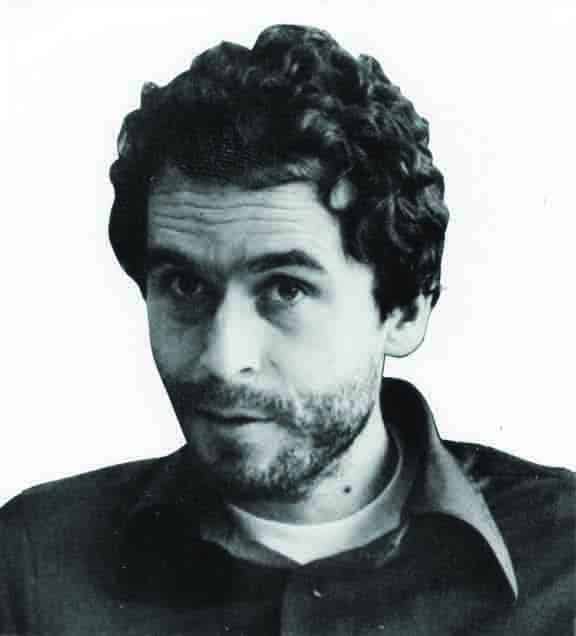Bundy

author: marty grande-sherbert | oped editor

Pixabay
So, Netflix has added another feature to its true crime section, and admittedly I haven’t watched the Ted Bundy Tapes because…no part of me wants to. Since I don’t have any real information about it, I’m not about to write an article about the Netflix series itself. Still, as with all popular things on Netflix, I’ve been exposed to a lot of chatter about it, and I feel that deserves its own discussion because it points to a larger discussion about what I think is a serious lack of self-reflection when it comes to this entire true crime genre. If you’re the kind of person who doesn’t think that media or the way we consume it needs to be criticized, then…well, this is a pretty extreme example of a reason you might be wrong, so I’d still recommend considering it.
Just so everyone is on the same page, Ted Bundy confessed to the murder of thirty people (although it is likely he killed more) and was executed by electric chair in 1989. His murders were incredibly violent and included sexual assault, he showed no remorse for the suffering he caused his victims, and he specifically targeted young women who trusted him. In my opinion, unless you are a criminal psychologist, this is all there is to know about Ted Bundy and it’s all that’s worth knowing. However, the Ted Bundy Tapes is continuing a running trend in true crime media that gives the man so much more attention than he deserves.
Apparently, Netflix’s feature on him emphasized how charming, attractive, and fascinating he was, and seemed to go in-depth into his motives and mindset. This isn’t uncommon when talking about serial killers. It isn’t even uncommon to talk about them being attractive; many of them have entire fan clubs, Bundy included. But as many people have pointed out on social media and in reviews of the series, it is not only downright creepy, but also disrespectful to victims of murders like these to be representing someone who did things like this in even a vaguely positive light.
I think most of us would agree that this is obvious. Even if Ted Bundy was the most attractive person alive, who the hell cares? He took the lives of thirty innocent people, and took pleasure in that. He chose to do that, knowing what would happen. He chose to go against every common measure of kindness we’ve agreed on as human beings. Somebody who crosses so many lines does not deserve our admiration, and giving him any only feeds the sense of self-importance that people like this have, thinking they are unique enough to be above human decency. There are always people like Bundy – he is not special, history attests to that – and they are watching how we react when these crimes happen. Ted Bundy is dead and should stay dead, in body and in our minds. If we want to remember someone, we need to remember the people whose lives he took away.
On that note, I want people to look at this example and think more critically about true crime series as a whole. I’m not a fan of turning real murders into just another scary story. I don’t think these stories should be for the fascination or entertainment of others; they are stories of real people’s deaths, and those people have loved ones who, even generations later, are likely still grieving. Would you want to see a Netflix series of someone who killed your family member, your friend, or your spouse? Or would that make you feel a little bit angry, a little bit sick?
Yes, we all love a good mystery, but I really hope that we aren’t becoming desensitized to murders like Bundy’s. I believe that a lot of the respect and admiration we’re giving Bundy with all this attention – and to be clear, in most cases admiration is the very thing these men with their protective wall of privilege are seeking – is much better spent on taking some time to remember and respect the people who could have lived fuller lives if it weren’t for his violence.









